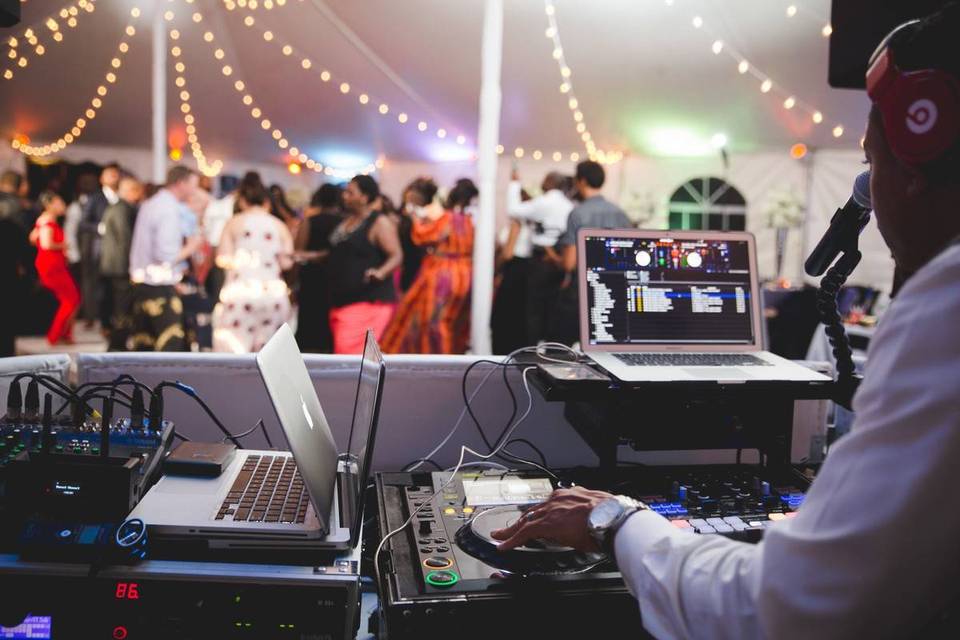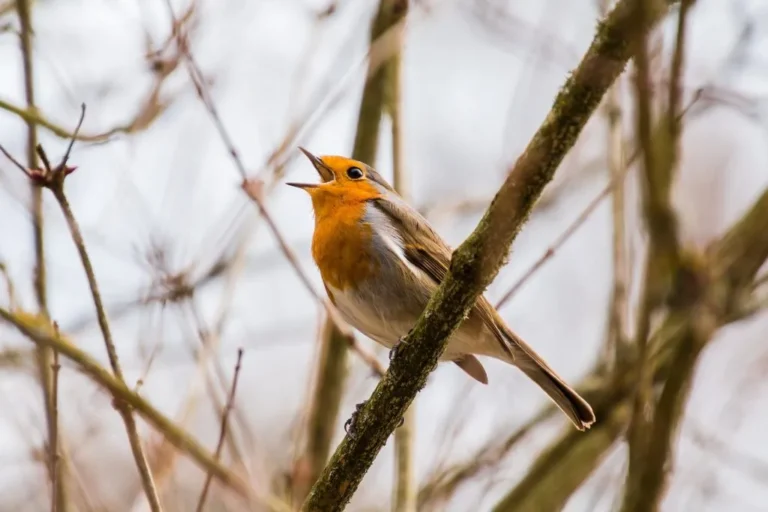
DJing at a wedding is more than just playing songs it’s about creating a memorable atmosphere, managing the energy of the crowd, and providing the soundtrack to one of the most important days in a couple’s life. Unlike club gigs or parties, weddings are highly personal and require a mix of preparation, professionalism, and intuition. Whether you’re an aspiring wedding DJ or a seasoned performer taking on your first wedding gig, here’s a comprehensive guide on how to DJ at a wedding successfully.
1. Meet With the Couple in Advance
The first and most important step in DJing a wedding is communication with the bride and groom. Arrange a meeting or video call to understand their vision, preferred genres, and specific song requests for key moments like the first dance, cake cutting, and last dance. Get a sense of their personalities, what kind of crowd they’re expecting, and any must-play or do-not-play songs.
Ask about the schedule for the day, the vibe they want for different parts of the event, and whether there are any cultural or traditional elements that need to be observed. Taking the time to understand their expectations helps you craft a playlist and flow that fits the occasion perfectly.
2. Prepare a Playlist That Suits All Ages
Weddings bring together guests of all ages, from young kids to grandparents, so your music choices need to appeal to a wide demographic. A good wedding DJ knows how to mix the old with the new think Motown, ’80s classics, ’90s hits, early 2000s bangers, and current chart-toppers. Start the night with lighter, more family-friendly songs, and build up to more energetic tracks as the evening progresses.
It’s wise to prepare several playlists in advance for different phases of the event: cocktail hour, dinner, and dancing. Always include backup songs in case the mood changes or the couple requests a spontaneous addition.
3. Organize Your Equipment and Backup Gear
Your setup should be flawless. Bring professional-grade DJ gear including your controller or turntables, laptop with DJ software, speakers, mixer, headphones, microphones, and all necessary cables. Make sure your gear is compatible with the venue’s power supply and has enough volume to fill the room without distortion.
Equally important is having a backup system: extra cables, a spare laptop or USB stick with your playlist, and additional microphones. Weddings are one-off events, and there’s no room for technical failure. Arrive early to test everything and ensure it’s working correctly.
4. Read the Room and Adapt
One of the most valuable skills a wedding DJ can have is the ability to read the room. Pay attention to how guests are responding to the music. Are people dancing, clapping, or sitting down? If a song empties the dance floor, switch it quickly. If a particular genre is getting people excited, stick with it for a while.
Be flexible and ready to take on-the-spot requests from guests, but make sure any new requests fit the overall mood and are appropriate for the setting. Your goal is to keep the energy flowing and ensure everyone has a great time.
5. Manage Key Moments with Precision
You’ll be responsible for handling some of the most significant moments of the wedding, so timing and coordination are essential. This includes introductions of the bridal party, the first dance, speeches, cake cutting, bouquet toss, and the couple’s grand exit.
Work closely with the wedding planner or venue coordinator to stay on schedule. Have each key song cued up and ready to go. Use a wireless microphone for speeches and announcements, ensuring everything is audible and clear. Your professionalism during these moments will leave a lasting impression.
6. Maintain Professionalism Throughout the Event
As a wedding DJ, you are not just entertainment you are also a vendor representing yourself and your brand. Providers of Sydney Wedding DJ Services, in particular, are expected to maintain high standards of professionalism throughout the event. Dress appropriately for the occasion, arrive at least two hours early, and conduct yourself respectfully with guests and other vendors. Avoid drinking on the job and stay focused on the couple’s needs.
Your attitude and demeanor will be remembered, and a strong performance can lead to future bookings through word-of-mouth recommendations.
7. End on a High Note
The final song is just as important as the first. End the night with an uplifting, crowd-pleasing track that leaves everyone smiling and wanting more. Ask the couple if they have a preferred closing song or create a moment where everyone joins the couple on the dance floor one last time.
Thank the couple and the crowd for a great evening, then begin your teardown smoothly and respectfully without disrupting any remaining activities or guests.
Final Thoughts
DJing at a wedding is a rewarding experience that blends musical talent with personal connection and event coordination. It’s about more than beats and transitions it’s about understanding your audience, managing key moments, and delivering an unforgettable experience. With preparation, adaptability, and a passion for music, you can ensure that every wedding you DJ becomes a cherished memory for the newlyweds and their guests.



